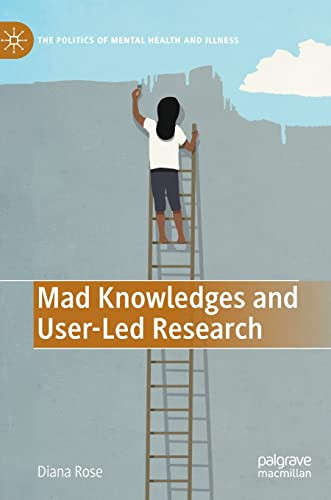

Most ebook files are in PDF format, so you can easily read them using various software such as Foxit Reader or directly on the Google Chrome browser.
Some ebook files are released by publishers in other formats such as .awz, .mobi, .epub, .fb2, etc. You may need to install specific software to read these formats on mobile/PC, such as Calibre.
Please read the tutorial at this link: https://ebookbell.com/faq
We offer FREE conversion to the popular formats you request; however, this may take some time. Therefore, right after payment, please email us, and we will try to provide the service as quickly as possible.
For some exceptional file formats or broken links (if any), please refrain from opening any disputes. Instead, email us first, and we will try to assist within a maximum of 6 hours.
EbookBell Team

0.0
0 reviewsThis book presents a critical examination of the development of user involvement within research, and investigates the issues currently preventing a productive integration of Mad knowledges within research and practice. Drawing on social, linguistic and critical theories, it proposes the conditions needed to address the development of Mad epistemologies.
The author’s unique approach deliberately highlights her own positionality and draws on decades of experience as a service recipient, survivor, activist and researcher to illustrate the structural and symbolic barriers faced. Employing concepts including epistemic injustice, individualization, normalization and structural violence, it suggests a radically new way of articulating ‘what’s the matter with us?’ In doing so, the book itself goes some way towards enacting the radical challenge to academic and epistemic hierarchies which, it is argued, will be required to further advance mad knowledges and user-led research. Crucially, it demonstrates how this approach can be both methodologically and conceptually rigorous.This novel work holds important insights for students and scholars across the humanities and social sciences; particularly those working in the areas of critical psychology, disability studies, Mad studies, feminist studies, critical race theory, and Queer theory.